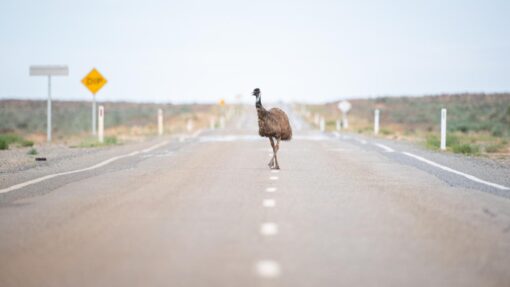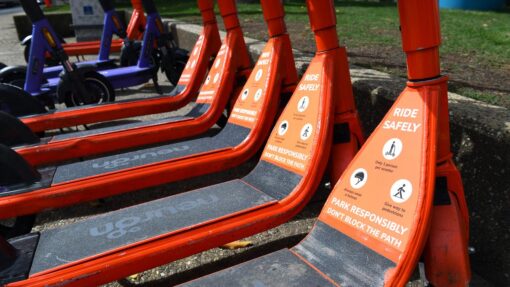Law overhaul to improve safety for sex workers
Savannah Meacham |

All forms of sex work will be decriminalised in Queensland in what is being dubbed a historic day for the industry.
Legislative reforms were tabled in Queensland parliament on Thursday, scrapping existing criminal offences relating to sole sex workers with new efforts introduced to protect workers.
“Sex workers should not have to choose between working legally and working safely,” Attorney-General Yvette D’Ath said.
Under the new laws sex workers would be able to work in pairs, text each other at the end of the booking and drive each other to services without the risk of criminal charges.
Sole sex workers are not allowed to work with others in the same building unless it is a licensed brothel under current laws.
There are only 18 licensed brothels in Queensland, about 10 per cent of the industry.
“The isolation and impact on mental health is huge, as well as our safety,” DecrimQld campaign leader Janelle Fawkes said.
Queensland Council of Unions general secretary Jacqueline King welcomed the tabling of the bill as a step towards sex workers being treated without discrimination.
“The current laws are archaic and outdated, they’re almost 25 years old and they encourage and push sex work into the shadow of the law,” she said.
Proposed reforms will allow sex work to be regulated like any other business and offer the same work, health and safety protections afforded to other professionals.
It also strengthens the anti-discrimination protections in the healthcare system, justice and procuring accommodation.
Regulations will be introduced to prevent the exploitation of children and coercion of sex workers.
The prostitution licensing authority will also be abolished.
To concerns that decriminalisation would increase the size of the sex industry, sex worker and Respect Inc state coordinator Lulu Holiday said evidence from other countries like New Zealand does not support the claim.
“Most Queenslanders are unlikely to notice any change,” Ms Fawkes said.
The legislative changes come after the landmark Queensland Law Reform Commission review released in 2023.
The report found current laws stigmatise sex workers, increase their vulnerability to exploitation and violence, and do not protect their human rights.
It considered laws in New Zealand and in other Australian jurisdictions including the Northern Territory, Victoria and NSW.
The proposed legislative reforms may not be the end of the road for sex industry stigma.
The unions council has called for more education programs to show the community sex work is real work.
Ms King said the unions will also work to change the Liquor Act which regulates stripping and lap dancing.
“Every Queenslander probably knows a sex worker,” Ms Holiday said.
However, Ms D’Ath dismissed any plans currently by the government to change the Liquor Act or restrictions on strippers and adult entertainment.
Lifeline 13 11 14
beyondblue 1300 22 4636
AAP


